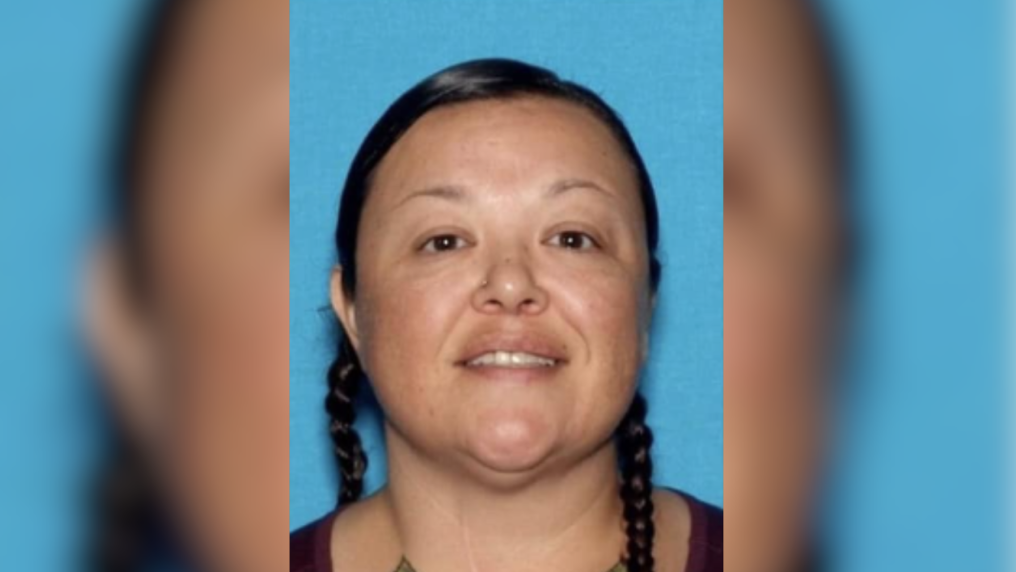
- Details
- By Elyse Wild
Amy Porter, 43, a tribal citizen of the Morongo Tribe, was found deceased yesterday, one day after a California Highway Patrol issued a Feather Alert after she had been missing for nearly one week.
According to a Facebook post by Porter's daughter, she was last seen on Sept. 15 by family and friends in Lake Elsinore in Riverside County, California. On Sept. 16, it was reported that Porter checked into a Pomona hotel with Damon Bell. According to reports from Porter's family, security footage shows Bell leaving the hotel hours before Porter left the hotel alone; she was involved in a major car accident near Live Oak Canyon Road heading eastbound. She was seen fleeing the accident on foot.
Porter's family and friends organized a search at 8 a.m. on Sunday, Sept. 22, near 10 Freeway and Wildwood Canyon Road. The search party located a deceased body in a ravine in the area around 9 a.m. A Facebook post by her family confirms the body is Porter.
The Feather Alert was codified in California state law in 2022 after legislation authored by Committee Chair Assemblymember James C. Ramos (Serrano/Cahuilla Tribe). Launched on Jan. 1, 2023, the statewide alert system provides the public with information to aid in the recovery of a missing Indigenous person. It is the state's first legislative measure to combat the Missing and Murdered Indigenous Peoples (MMIP) crisis.
More Stories Like This
Native News Weekly (August 25, 2024): D.C. BriefsHaaland Gets First Hand Look at Efforts to Address Homelessness in Albuquerque
Navajo Nation Secures $285 Million in Federal Broadband Funding to Connect Thousands of Homes
Oral History Project Announces 18th Stop in Denver, Colorado: NABS Continues Preserving Critical Stories Across Indian Countr
Next on Native Bidaské: Protecting Legacy Before It’s Forgotten with the National Native American Hall of Fame
Help us defend tribal sovereignty.
At Native News Online, our mission is rooted in telling the stories that strengthen sovereignty and uplift Indigenous voices — not just at year’s end, but every single day.
Because of your generosity last year, we were able to keep our reporters on the ground in tribal communities, at national gatherings and in the halls of Congress — covering the issues that matter most to Indian Country: sovereignty, culture, education, health and economic opportunity.
That support sustained us through a tough year in 2025. Now, as we look to the year ahead, we need your help right now to ensure warrior journalism remains strong — reporting that defends tribal sovereignty, amplifies Native truth, and holds power accountable.
 The stakes couldn't be higher. Your support keeps Native voices heard, Native stories told and Native sovereignty defended.
The stakes couldn't be higher. Your support keeps Native voices heard, Native stories told and Native sovereignty defended.
Stand with Warrior Journalism today.
Levi Rickert (Potawatomi), Editor & Publisher


